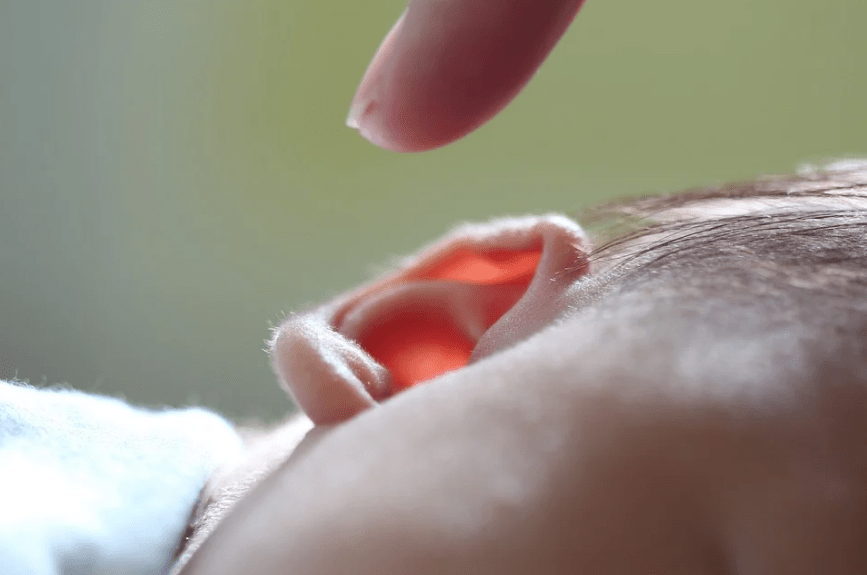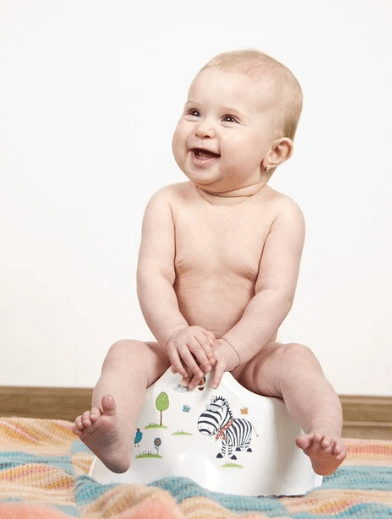5 Essential Tips for Teaching Kids Pet Responsibility
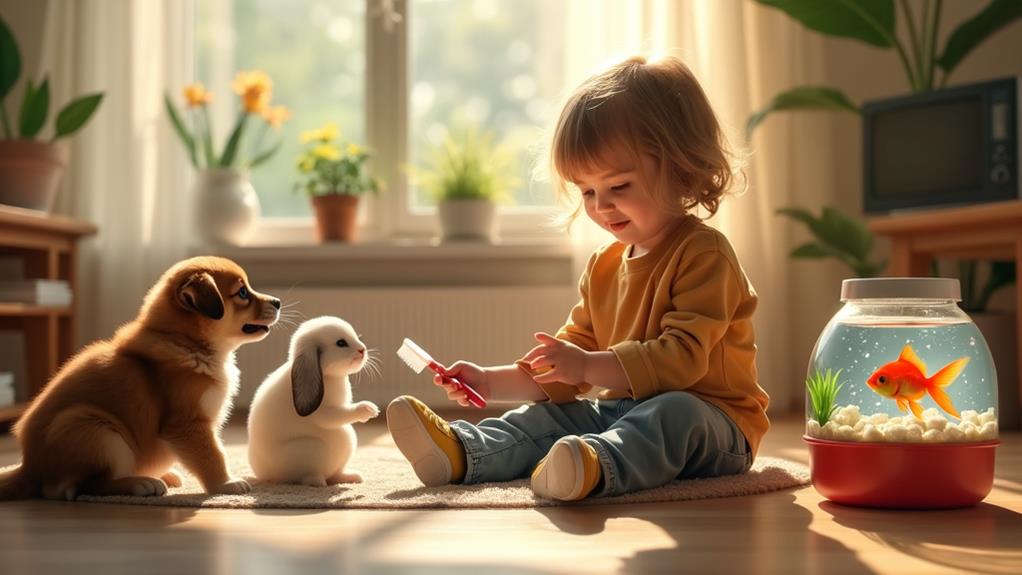
Teaching kids pet responsibility can be a rewarding experience that fosters their growth and development. By assigning tasks suited to their age and abilities, you instill a sense of ownership and pride. Regular communication about the pet's needs helps build empathy and understanding, crucial traits for any child. Establishing a consistent schedule for pet care improves their time management skills and creates a dependable routine. Involving them in decisions like choosing toys or training methods boosts their confidence. Celebrating their efforts reinforces positive behavior. How can you seamlessly integrate these tips into your daily routine?
Benefits of Pet Ownership
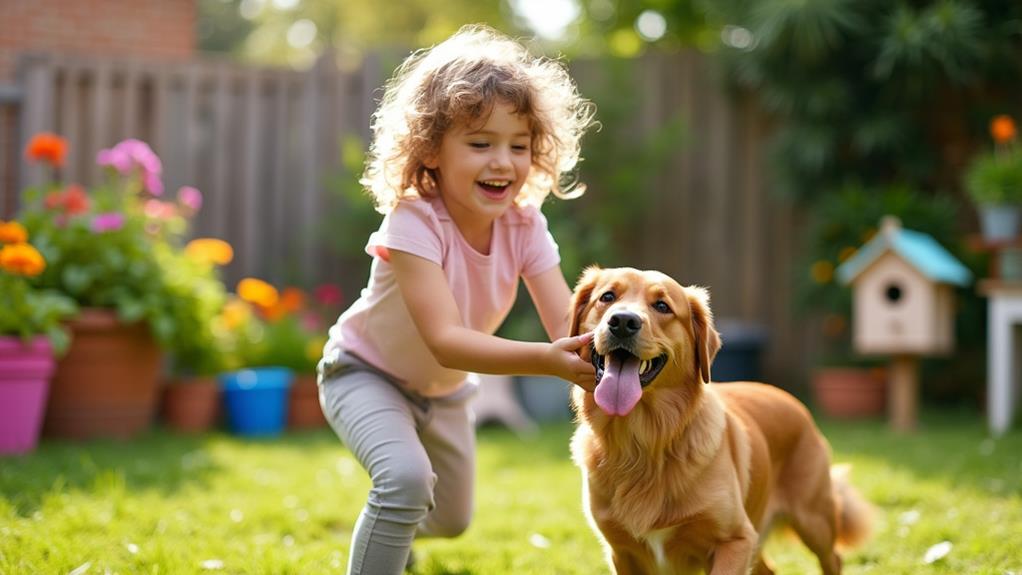
Owning a pet offers numerous benefits that significantly enhance a child's development. Teaching your child about pet care instills a sense of responsibility. Daily tasks like feeding and grooming teach duty and accountability from an early age. By involving them in these routines, you're helping them understand the importance of caring for another living being.
Pets also foster empathy and compassion. As children learn to recognize and respond to their pet's needs and emotions, they develop a deeper understanding of feelings. This nurturing experience can improve their interpersonal skills and kindness towards others. The selflessness required in pet care, where kids prioritize their pet's needs over their own, further enhances their emotional growth.
Additionally, owning a pet encourages physical activity. Regular walks and playtime not only combat childhood obesity but also contribute to a healthier lifestyle. Physical engagement with pets can make exercise enjoyable and rewarding, promoting a habit of staying active.
Developing Decision-Making Skills
Teaching kids pet responsibility goes beyond daily chores; it also helps them develop decision-making skills. Involving children in pet care tasks encourages them to make age-appropriate decisions, such as when to feed or exercise the pet. This builds their confidence in making independent choices and managing their time effectively.
Allowing children to take ownership of specific chores related to pet care teaches them responsibility and reinforces that their actions directly impact their pet's well-being. Engaging them in discussions about their pet's needs fosters critical thinking, helping them prioritize tasks based on those requirements.
For older children, managing more complex responsibilities like scheduling vet visits or planning exercise routines is particularly beneficial. These tasks prepare them for future situations requiring thoughtful decision-making. Teaching children the importance of accountability ensures they understand the direct correlation between their actions and their pet's health and happiness. This comprehensive approach not only makes children more reliable but also equips them with essential life skills.
Learning Empathy and Patience
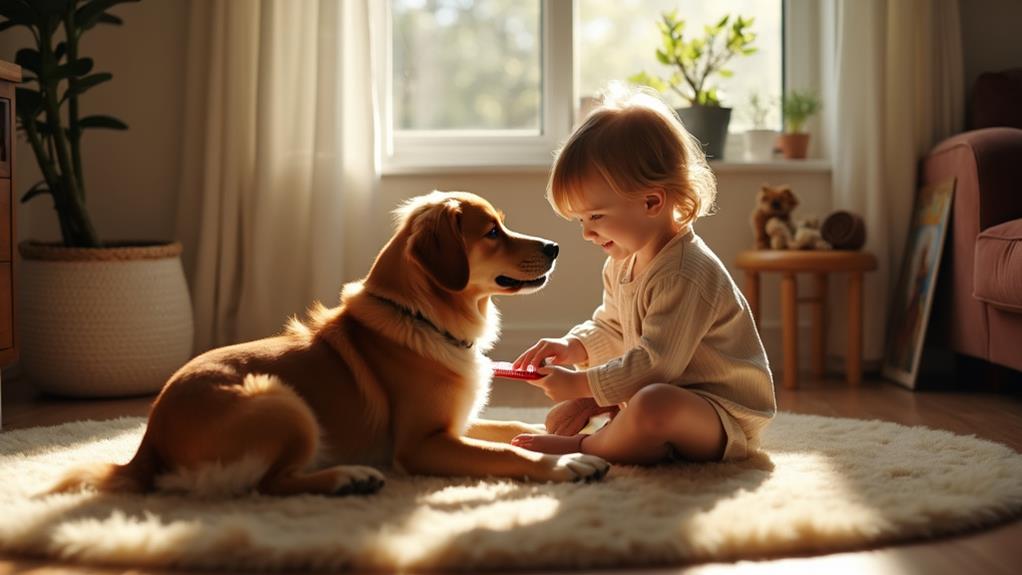
How can children truly grasp the importance of empathy and patience? Involving them in daily pet care tasks is a great start. When children learn to care for another living being, they begin to understand that pets have feelings and needs, just like they do. This understanding naturally cultivates empathy.
| Task | Empathy Aspect | Patience Aspect |
|---|---|---|
| Feeding the pet | Recognizes the pet's needs and hunger | Waits for the pet to finish eating |
| Grooming | Understands the pet's comfort and hygiene | Gently handles grooming tools |
| Training | Observes the pet's learning process | Repeats commands patiently |
| Playing | Sees the pet's joy and excitement | Waits for the pet to engage |
Teaching children to be gentle and considerate with pets reinforces the importance of kindness. As they handle pets carefully, they learn to treat all living beings with respect. The process also fosters patience; children realize that animals may not respond immediately and may need time to adapt.
Time Management and Prioritization
Balancing pet care with daily activities can significantly enhance a child's time management skills. By introducing consistent pet care schedules, children learn to juggle their responsibilities with the needs of their furry companions. Assigning specific tasks like feeding or walking the pet teaches them to prioritize these duties alongside schoolwork and other commitments.
Establishing a routine for pet care helps kids understand the importance of consistency and effective management of responsibilities. Involving them in planning these tasks can improve their decision-making skills, allowing them to allocate time efficiently. For instance, letting them decide the best times to feed or groom the pet ensures it fits within their daily schedule.
Encouraging kids to track their pet care responsibilities on a calendar promotes accountability. This practice not only helps them remember their tasks but also develops comprehensive time management skills. By teaching children responsibility through daily care routines, they learn to balance their activities and develop vital life skills. Your guidance in prioritizing their pet's needs will set a strong foundation for their future time management abilities.
Promoting Physical Activity
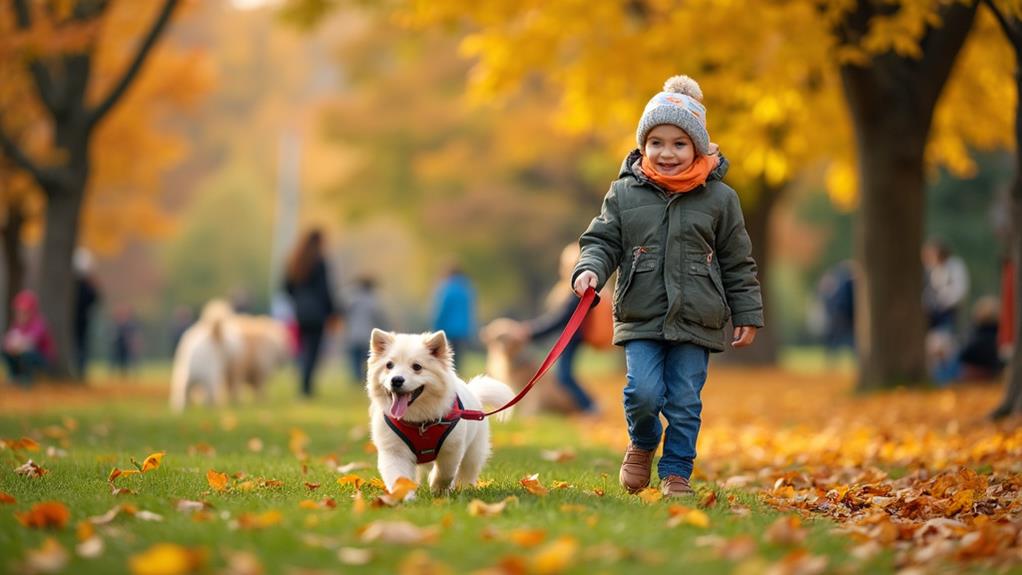
Involving children in walking and playing with pets can promote at least 30 minutes of daily physical activity, aligning with recommendations to combat childhood obesity. Activities like fetching or agility training not only benefit pets but also teach children the importance of regular exercise. This way, they learn that caring for a family member, such as a pet, includes prioritizing physical activity.
Encouraging children to take breaks from screens and engage in outdoor play with their pets reduces screen time and fosters healthier habits. Studies show that children who frequently play with pets have higher levels of physical activity and improved cardiovascular health compared to those who don't.
Caring for pets instills a daily exercise routine, helping children understand the value of physical fitness. By making physical activity part of their everyday lives, kids learn to prioritize their health and wellness while ensuring their pets are also active and happy. This balanced approach to recreation benefits the entire family and creates a lifelong habit of staying active.


